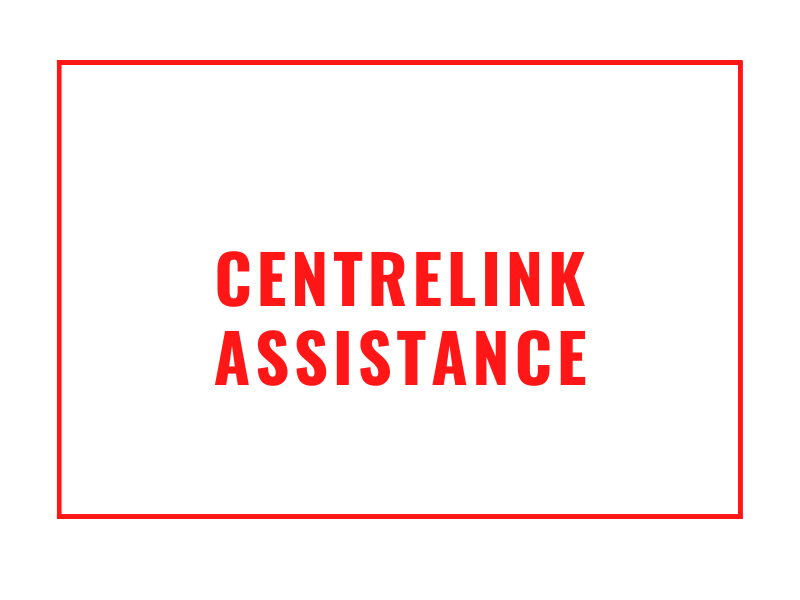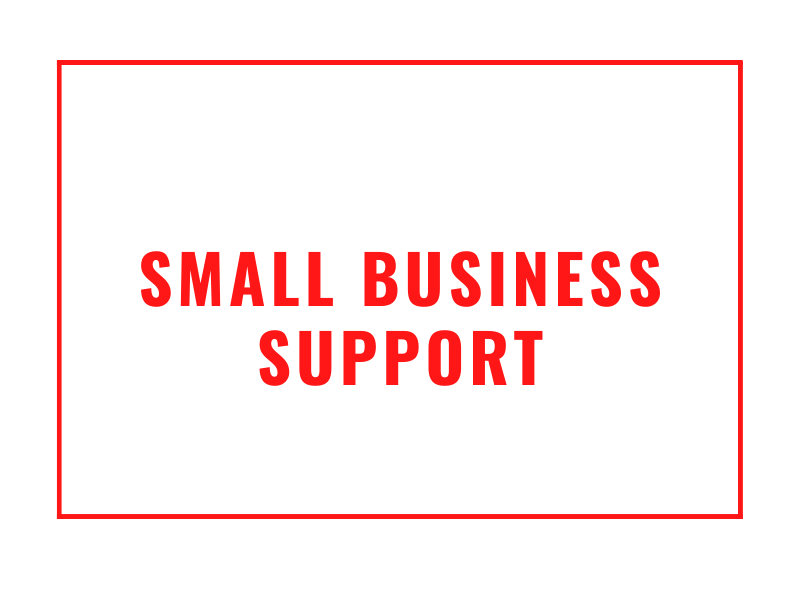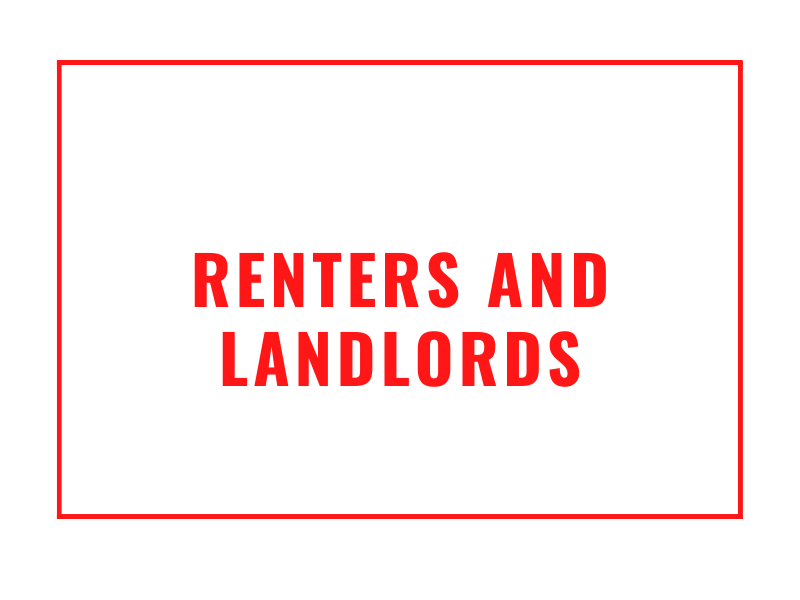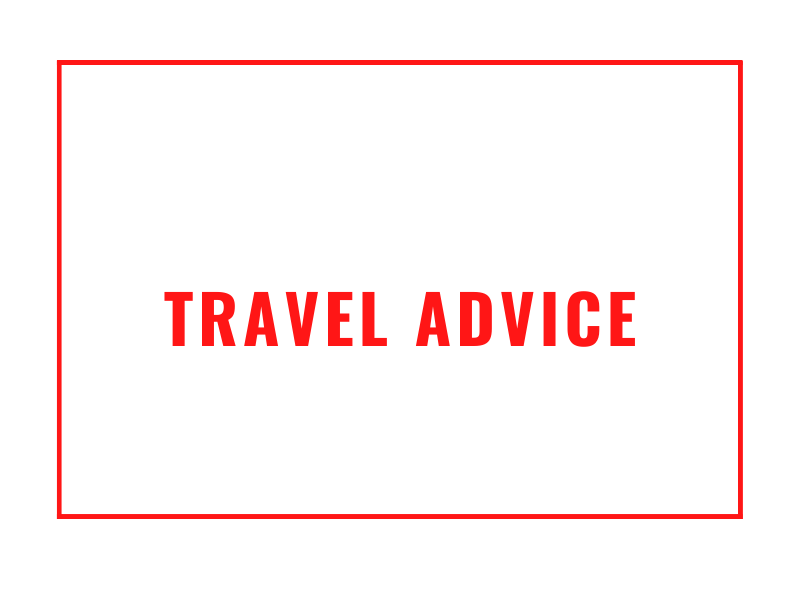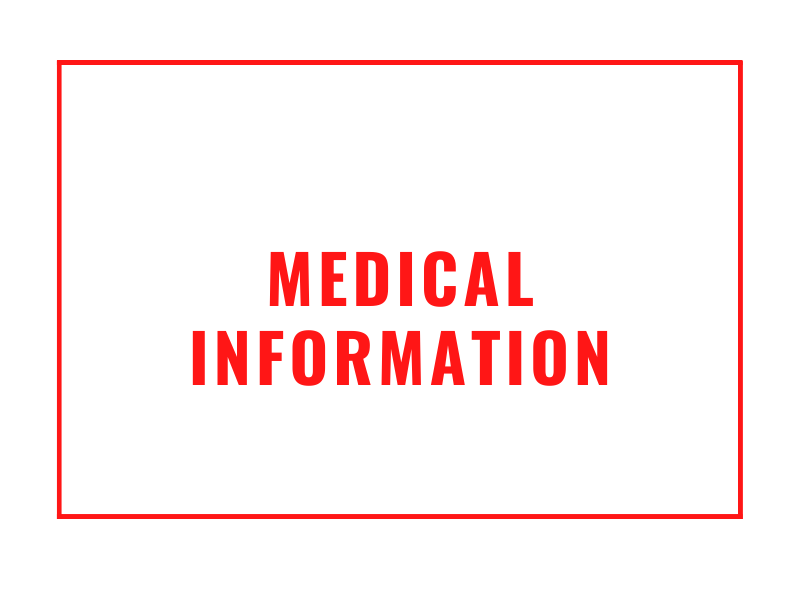
The Victorian Government has an interactive coronavirus self-assessment tool that you can complete to help inform your decisions about seeking medical assistance. https://www.dhhs.vic.gov.au/coronavirus-self-assessment
You can also call the National Coronavirus Hotline on 1800 020 080 or the Victorian Coronavirus Hotline on 1800 675 398.
These are the main symptoms of COVID-19:
- Fever
- Sore throat
- Cough
- Tiredness
- Difficulty breathing
If you have a serious symptoms, you should call 000 and inform the operator of any relevant history (ie: recent travel overseas, close contact with a person who tested positive to coronavirus etc).
Anyone who has any symptoms, no matter how mild, is encouraged to get a test. You can get a test at the locations listed here. Vulnerable Victorians who have symptoms will be access a test in their homes. Find out more about call-to-test here.
If you are tested, you must self-isolate until you get the result.
The Victorian Government will make a payment to people who are tested but do not have sick leave. To access this payment, call the Victorian Coronavirus Hotline on 1800 675 398.
There are more details on the definition of close contact here.
To reduce the risk of unnecessary exposure of patients and health professionals to the virus, the Government has expanded telehealth, to allow GPs and other health professionals to consult with patients by phone or video call. Please ask your GP to make a telehealth appointment.

